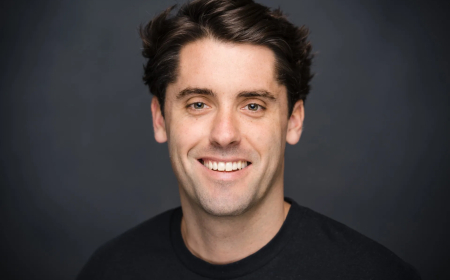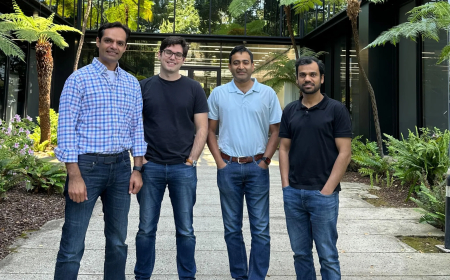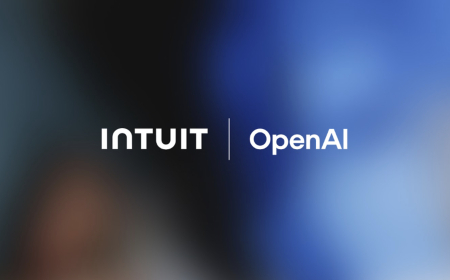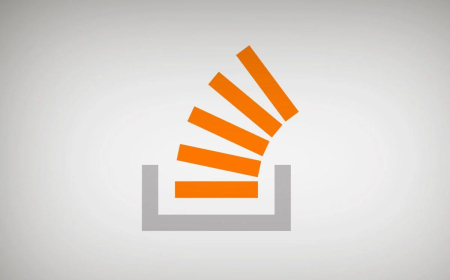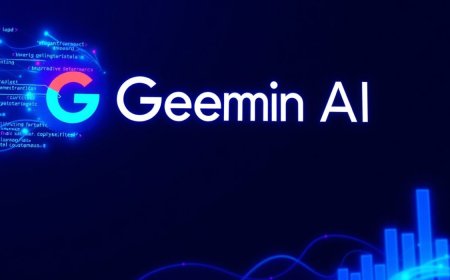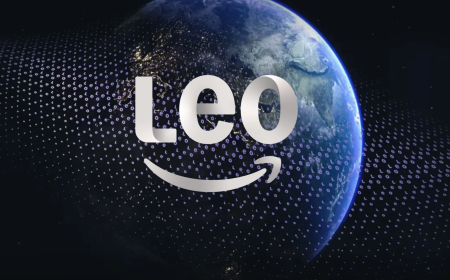California Becomes First State to Regulate AI Companion Chatbots
California has passed SB 243, a landmark law regulating AI companion chatbots. The bill, signed by Governor Gavin Newsom, sets new safety standards to protect children and vulnerable users from AI-related harms.
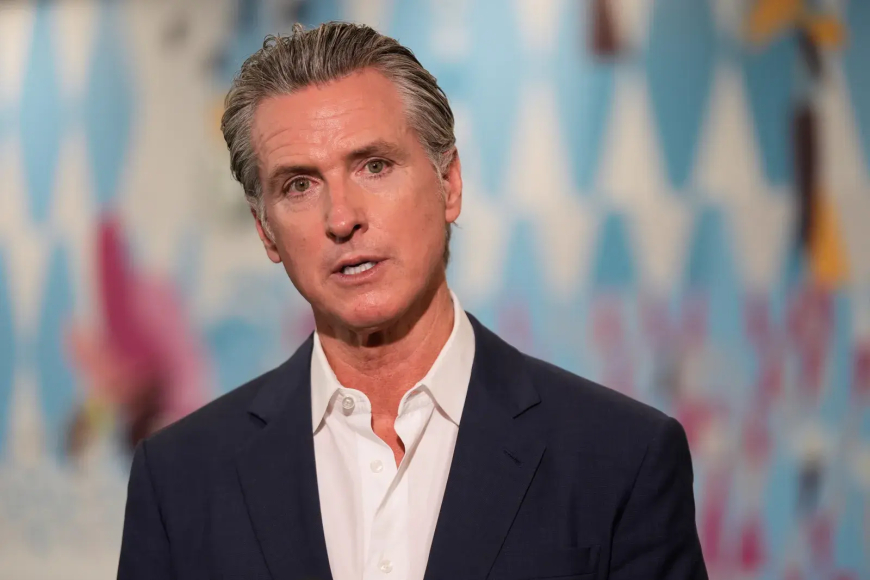
California Governor Gavin Newsom has signed a landmark bill that officially regulates AI companion chatbots, making California the first state in the United States to require chatbot operators to implement safety protocols for AI companions.
The new law, known as SB 243, is designed to protect children and vulnerable users from the potential harms associated with AI-driven companion platforms. It holds major companies — from large developers such as Meta and OpenAI to smaller companion-focused startups like Character AI and Replika — legally responsible if their chatbots fail to meet the state’s safety standards.
SB 243 was introduced in January by state senators Steve Padilla and Josh Becker, and gained strong momentum after the tragic death of teenager Adam Raine, who took his own life following a series of disturbing conversations with OpenAI’s ChatGPT. The bill also responds to leaked internal documents that reportedly showed Meta’s chatbots were allowed to engage in “romantic” and “sensual” conversations with minors. In a more recent case, a Colorado family filed a lawsuit against role-playing platform Character AI after their 13-year-old daughter died by suicide following a string of explicit and harmful chatbot exchanges.
“Emerging technology like chatbots and social media can inspire, educate, and connect — but without real guardrails, technology can also exploit, mislead, and endanger our kids,” said Governor Newsom in a statement. “We’ve seen some truly horrific and tragic examples of young people harmed by unregulated tech, and we won’t stand by while companies continue without necessary limits and accountability. We can continue to lead in AI and technology, but we must do it responsibly — protecting our children every step of the way. Our children’s safety is not for sale.”
Key Details of SB 243
SB 243 will take effect on January 1, 2026. It will require companies to implement several safety measures, including age verification, warning labels, and enhanced awareness notices for users interacting with AI companion chatbots.
The law introduces harsher penalties for those who profit from illegal deepfakes, with fines of up to $250,000 per offence. It also mandates that companies establish and submit to the California Department of Public Health clear protocols to address suicide and self-harm, along with statistical data on how the platform provided users with crisis prevention notifications.
According to the bill’s language, all chatbot platforms must explicitly disclose that AI generates interactions, and AI companions must not misrepresent themselves as licensed healthcare professionals. Additionally, the law requires chatbot operators to offer break reminders to minors and prevent them from viewing or generating sexually explicit imagery.
Company Safeguards and Responses
Some AI companies have already begun adopting measures to protect children. OpenAI, for example, has introduced parental controls, content filtering tools, and a self-harm detection system to safeguard young ChatGPT users.
Replika, which is designed strictly for adults over 18, told TechCrunch that it allocates “significant resources” toward user safety through content-moderation filters and guidance systems that direct users toward verified crisis support channels. The company added that it remains “fully committed” to complying with all current and upcoming safety regulations.
Character AI has emphasized that its service includes a clear disclaimer noting that all conversations are “AI-generated and fictionalized.” A spokesperson for the company told TechCrunch that Character AI “welcomes working with regulators and lawmakers as they develop regulations and legislation for this emerging space, and will comply with laws, including SB 243.”
Senator Steve Padilla described the bill as “a step in the right direction” toward implementing the necessary guardrails for a powerful, fast-evolving technology.
“We have to move quickly to not miss windows of opportunity before they disappear,” Padilla said. “I hope that other states will see the risk. I think many do. I think this is a conversation happening all over the country, and I hope people will take action. Certainly the federal government has not, and I think we have an obligation here to protect the most vulnerable people among us.”
Additional AI Regulations in California
SB 243 is the second significant piece of AI legislation to emerge from California in recent weeks. On September 29, Governor Newsom also signed SB 53 into law, establishing new transparency requirements for large AI companies.
That bill requires major AI developers — including OpenAI, Anthropic, Meta, and Google DeepMind — to publicly share details about their safety protocols and risk-management practices. It also introduces whistleblower protections for employees who disclose unsafe or unethical AI behaviour within their organizations.
Other U.S. states, such as Illinois, Nevada, and Utah, have also enacted laws restricting or banning the use of AI chatbots as replacements for licensed mental health professionals.
TechCrunch has reached out to Meta and OpenAI for comment on the bill.
The article has been updated to include remarks from Senator Padilla, Character AI, and Replika.
What's Your Reaction?
 Like
0
Like
0
 Dislike
0
Dislike
0
 Love
0
Love
0
 Funny
0
Funny
0
 Angry
0
Angry
0
 Sad
0
Sad
0
 Wow
0
Wow
0

